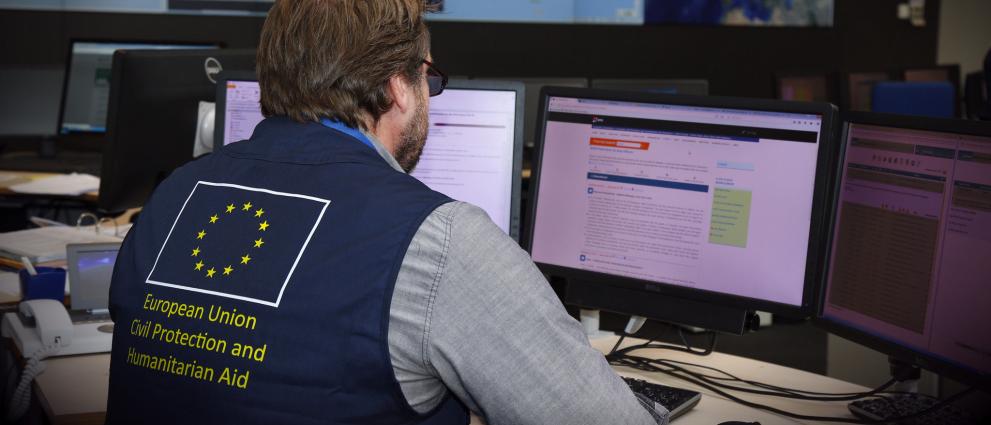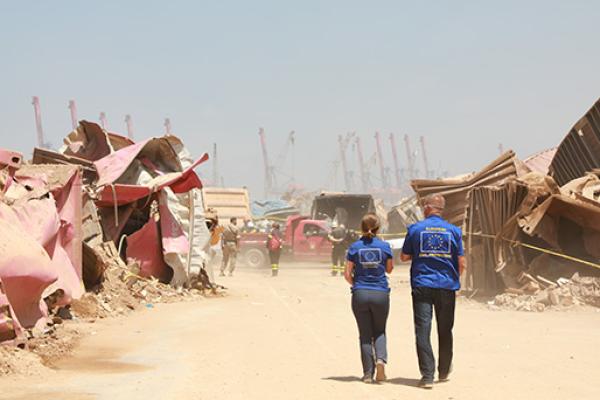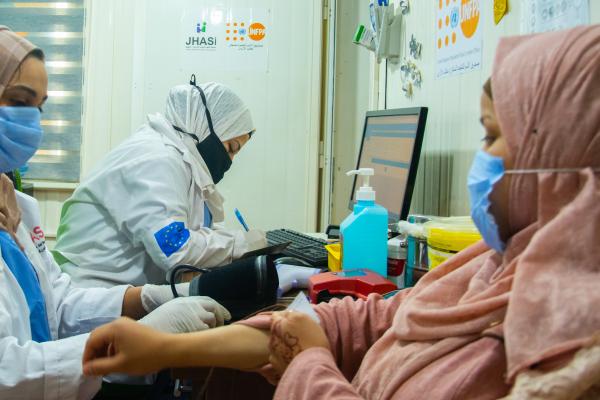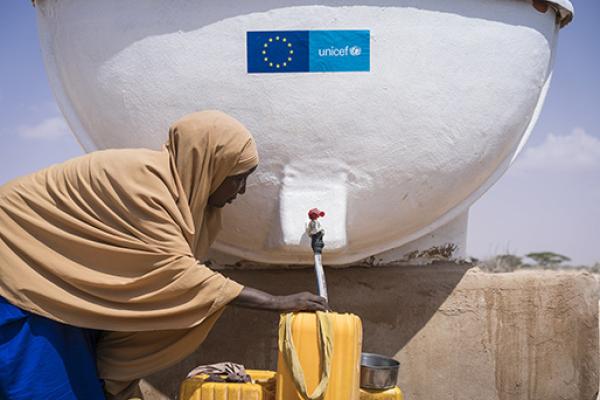
Cholera has returned to Lebanon after almost 3 decades.
An epidemic was declared on 6 October 2022, the first since 1993. Amid a worldwide spike in cholera infections, the outbreak in Lebanon is evolving at an alarming rate.
As of 7 November, over 2,722 suspected cases and 18 fatalities have been reported across the country.
In response, the EU is allocating €800,000 towards community-based water, sanitation and hygiene interventions in areas with a concentration of cholera cases. Ongoing EU humanitarian programmes are also redirecting efforts to address this new emergency.
Commissioner for Crisis Management, Janez Lenarčič, said: “We are seeing the situation in Lebanon go from bad to worse, with almost 80% of the population living in poverty. Cholera is an indication of this deteriorating situation and could not have come at a worse time. The EU funding will allow our humanitarian partners to deploy rapid response teams and ensure affected communities consume water that is safe.”
Potentially deadly if left untreated, cholera is transmitted through unclean water. People in poor housing and in refugee settlements lack access to safe water and often live in unsanitary conditions which help fuel the spread of the disease.
Lebanon is experiencing a deepening crisis since 2019.
With sanitation and health systems seriously impacted and an increasingly vulnerable population, there is concern about containing the outbreak. The country is facing major disruptions in the delivery of water and a lack of fuel to operate wastewater treatment plants.
Last month, the EU also committed additional funding for the fight against cholera epidemics in Syria (€700,000), Haiti (€1 million) and Ethiopia (€100,000) in addition to mobilising EU humanitarian partners on the ground for cholera preparedness and response.
Details
- Publication date
- 9 November 2022
- Author
- Directorate-General for European Civil Protection and Humanitarian Aid Operations (ECHO)



